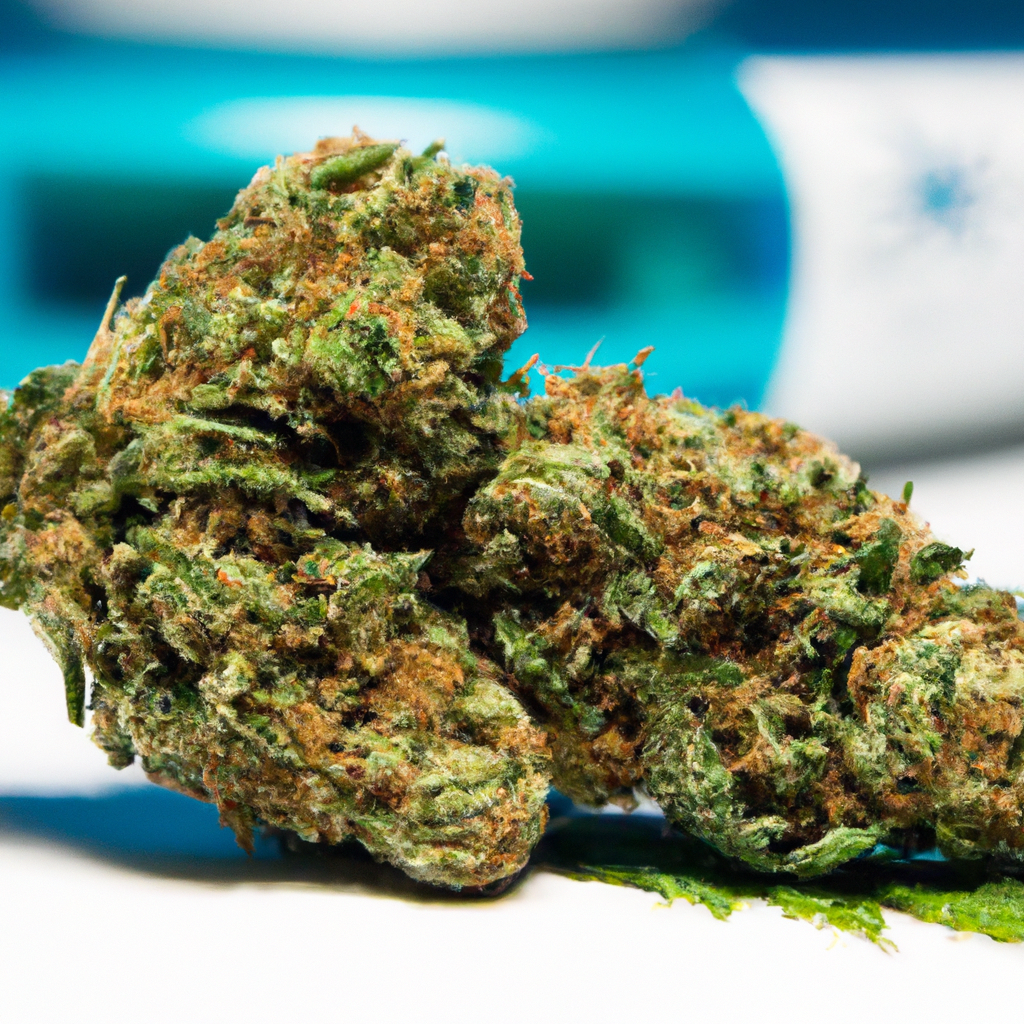Your cart is currently empty!
For centuries, people have been exploring various aids to attain a good night’s sleep. Recent years have seen an increase in the use of cannabis for this purpose. But what does the science say about cannabis and its ability to improve sleep quality? This article delves into the nuances of cannabis as a sleep aid, exploring the scientific mechanisms, benefits, and potential drawbacks.
Understanding the Sleep Mechanism
Sleep is a complex process regulated by the body’s internal clock and influenced by neurotransmitters like dopamine and serotonin. The endocannabinoid system (ECS) plays a pivotal role in regulating sleep, which is where cannabis interacts. Cannabinoids, like THC and CBD, can influence this system and offer potential sleep benefits.
Cannabinoids: THC vs. CBD
| Cannabinoid | Effects on Sleep | Potential Drawbacks |
|---|---|---|
| THC | May reduce REM sleep; promotes easier sleep onset | Possible grogginess and tolerance buildup |
| CBD | Enhances overall sleep quality; reduces anxiety-related disturbances | Variable effects depending on dosage and patient |
How to Choose Cannabis for Better Sleep
- Select strains: Indica strains, known for relaxing effects, are often favored for promoting sleep.
- Check terpene profiles: Look for strains with myrcene and linalool, which contribute to sedating effects.
- Monitor dosage: Start with a low dose and adjust as necessary to avoid tolerance build-up.
Real-World Example: How Cannabis Helped Emily
Meet Emily, a graphic designer who struggled with insomnia. After exploring various over-the-counter remedies with little success, she tried cannabis based on a friend’s recommendation. By selecting a balanced CBD-rich strain, Emily found she could fall asleep more easily without feeling foggy in the morning. Her consistent and moderate use has led to improved well-being and productivity.


Leave a Reply